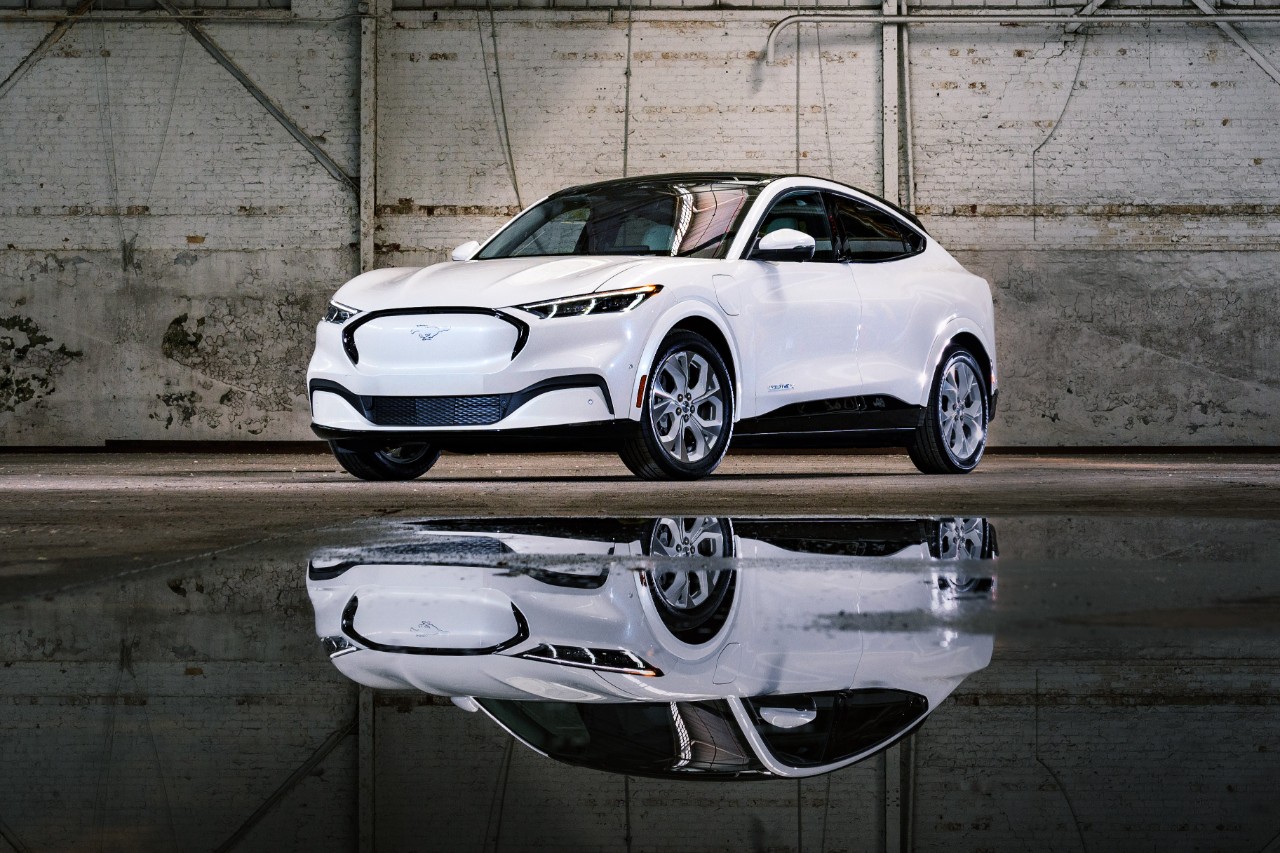Park the Prius: Pump prices are heading lower for the second straight summer. But even as individual drivers get more for less, shifting preferences could sideline some auto investors. I'll look at the price predictions, and I'll outline two winners and two losers from this latest trend.
Pump it up
The Energy Information Administration released its 2013 Summer Fuels Outlook report (link opens a PDF) this week, and things are looking up for gas prices to head down. According to the report, summer retail gasoline prices will drop to a national average of $3.63 per gallon, $0.03 below 2012's summer and $0.08 below 2011's price tag.
Two winners
Heavyweights win on this latest news. In the game of supply and demand, cheaper gas prices make gas guzzlers more affordable for Mr. and Mrs. Smith. Ford (F 1.52%) and General Motors (GM 0.11%) are revving up their latest line of pickups, and new sales could pour in with less wear on drivers' wallets. General Motors announced last week that its new Chevy Silverado and GMC Sierra will sport the most fuel-efficient V-8 engines in their market. The Silverado's 5.3-liter engine will get a whopping 23 mpg, with more pulling power than any of its competitors.
In an ironic twist of fate, Ford's F-150 could make even more gains than GM. The F-series has been America's best-selling truck for more than 30 years, and GM's efficiency ace-in-the-hole could come up short of toppling the Blue Oval's omnipotence. Ford sold 14,000 more trucks than GM in March, and cheap gas could keep this upward trend constant through summer months.
Who killed the electric car?
Innovation drives our economy, but the greatest solutions only emerge from the greatest problems. With high oil supplies and cheap prices, who needs fuel-efficient cars? Tesla Motors (TSLA 0.16%) is a pure-play electric automaker that could feel a major summer squeeze. Founder and CEO Elon Musk is trying fancy new financing tricks to make his luxury vehicles more affordable, but the price might just not be right for the gas-vs.-electric argument.
Likewise, Toyota Motor's (TM 0.39%) fuel-efficient fleet could suffer significantly. The automaker's Prius has long demanded a price premium for its light consumption and currently controls 68% of the non-plug-in hybrid market. Overall hybrid sales grew 14% in Q1 2013, but Ford's F-Series and GM's Chevy Silverado remain the No. 1 and No. 2 best-selling vehicles in America. Cheap gas prices certainly won't help lightweights like the Prius topple those top picks.
When macro affects micro
Summer pump prices could put fuel efficiency on the back burner, significantly affecting upcoming sales for your investment. But cheap gas for a few months is no substitute for visionary engineering and innovation. The companies that can consistently create the best vehicle at the best value will win out in the long term, and investors should make their portfolio picks accordingly.









